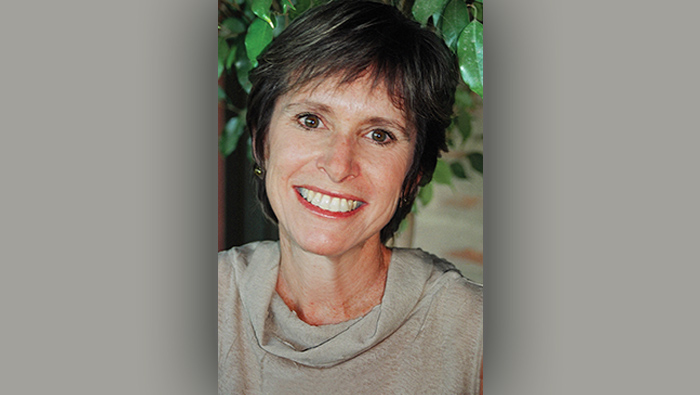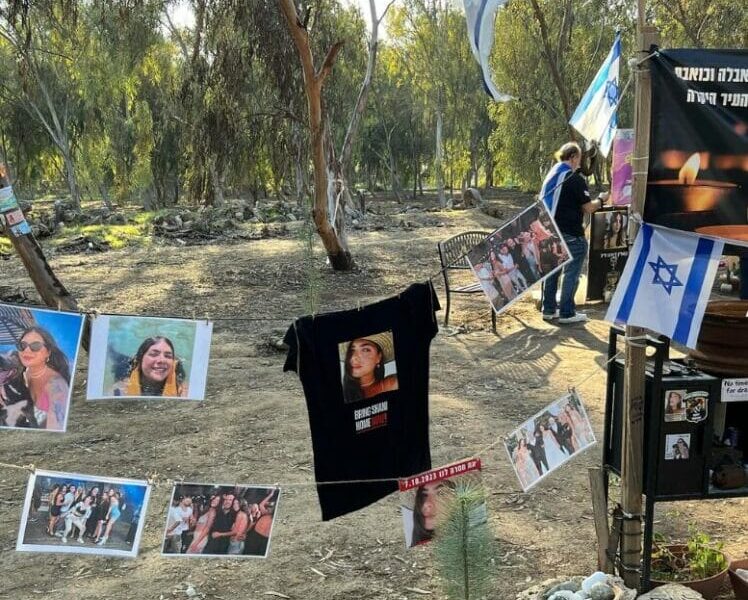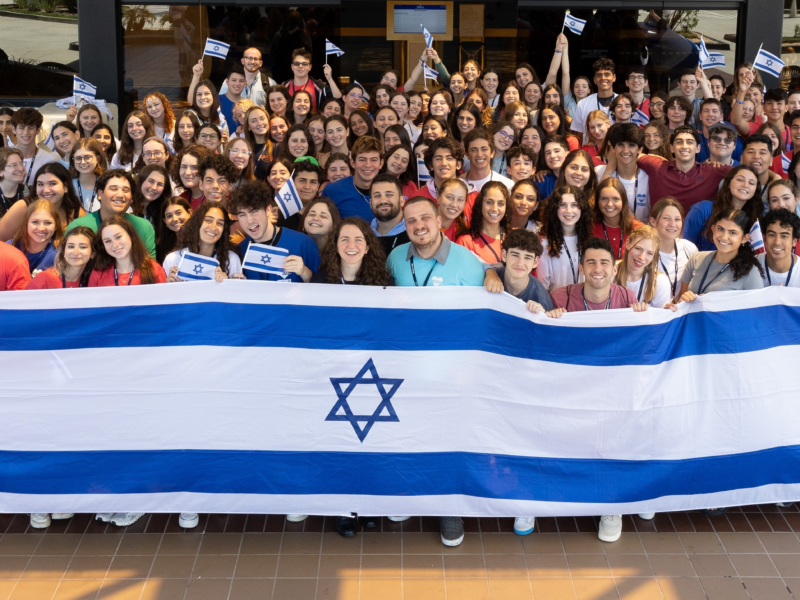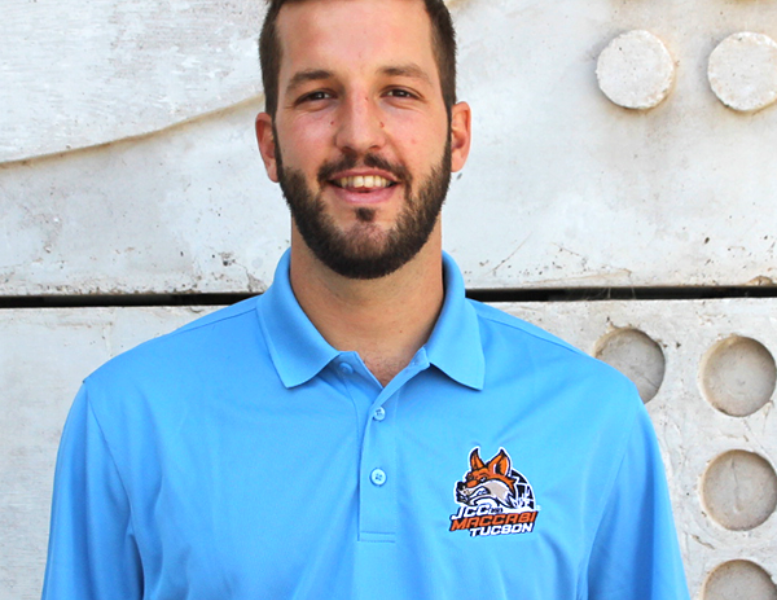In 1984, after an abusive marriage and a stalled career, singer Tina Turner wrote her come-back smash hit “What’s Love Got to Do with It?” The song is actually an anti-love rant, praising carnal love without any emotional attachment. In a gut-wrenching voice, Tina belts out that love is nothing more than a “secondhand emotion” and “a sweet old-fashioned notion.”
As much as I loved dancing to this song while singing the chorus full on with my friends back in the 80s, I never agreed with Tina’s concept of love. Almost 35 years after she won the 1985 Grammy for “Record of the Year,” I would like to offer my own version of the song.
So what’s love got to do with it? In my book, pretty much everything.
Love is what makes us who we are. It is at the core of the story we tell others about ourselves. It is the foundation of our identity and the currency by which our concept of self-worth is evaluated. I am what I love. I am that I love. I am because I love. I struggle with love and being loved.
Love holds us, binds us, controls us, liberates us, pulls at us until we can’t resist. Love is a connector, no matter how we define or celebrate it. Whether it’s the love between a parent and child, a man and woman, a couple of the same sex or any other combination of life forces that are drawn together with a need to create meaning, intimacy and understanding, love has everything to do with it.
Life has taught me many lessons about love and I believe this much is true: We aren’t the things we possess, our careers or professions or the successes and failings we encounter. We aren’t our mistakes or regrets, our best accomplishments or the moments of guilt, shame or rage we have endured.
We are, for as long as we walk through life, a reflection of the love we give and receive. A mother’s love for her child is reflected in her baby’s eyes; a man’s love for his partner is reflected through a tender touch in passing. Love breaks through the toughest barriers to enable us to experience our highest potential – to give and receive love.
It is through the people we love and the values we cherish and live by that we continue to live on after we are gone and be loved by those we leave behind.
But there is something else I know to be true: that when you love, you will have loss. And the deeper the love, the deeper the loss. There is no way around loss – but it should never stop us from loving.
As humans, we accept that the natural cycle of life goes from birth through life to death. As Jews, we are fortunate to have a treasure chest of rituals to help us celebrate birth, praise life and mourn death.
When it comes to Jewish mourning rituals, Judaism offers both comfort and wisdom in the many ways it acknowledges that, while people die, our love for them does not. The seven days of shiva, the 30 days of shloshim, the 11 months before the unveiling and the ongoing commandment to say Kaddish for a deceased parent or family member are but a few of the ways we are able to keep our loved ones close to our hearts.
Tina Turner may have won a Grammy for her song, but she missed the boat when it comes to what love really is. Love is not a second hand-emotion or an old-fashioned notion. It is the source of our greatest potential in life – and what endures long after we are gone.
Amy Hirshberg Lederman has written more than 300 columns and essays that have been published nationwide. amyhirshberglederman.com






